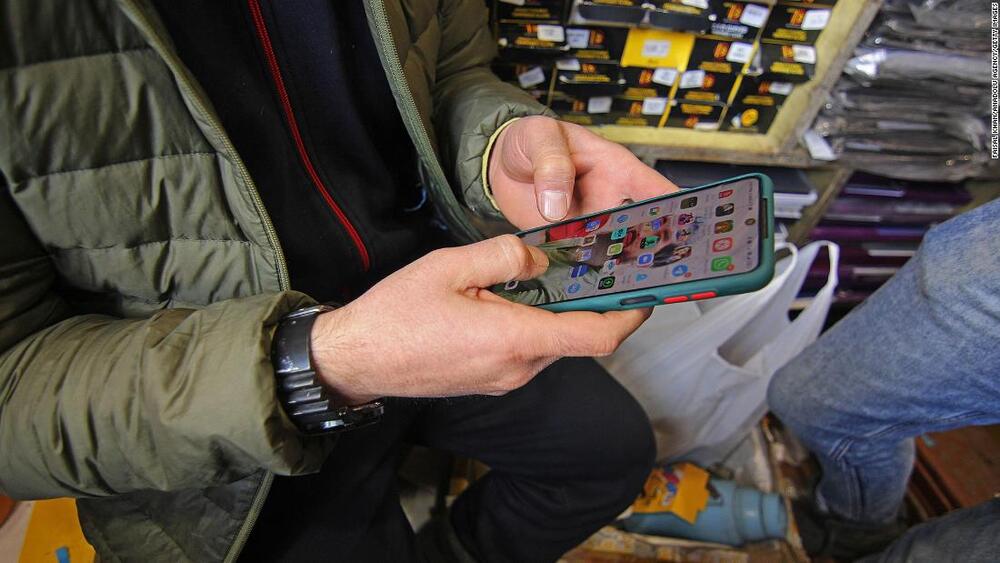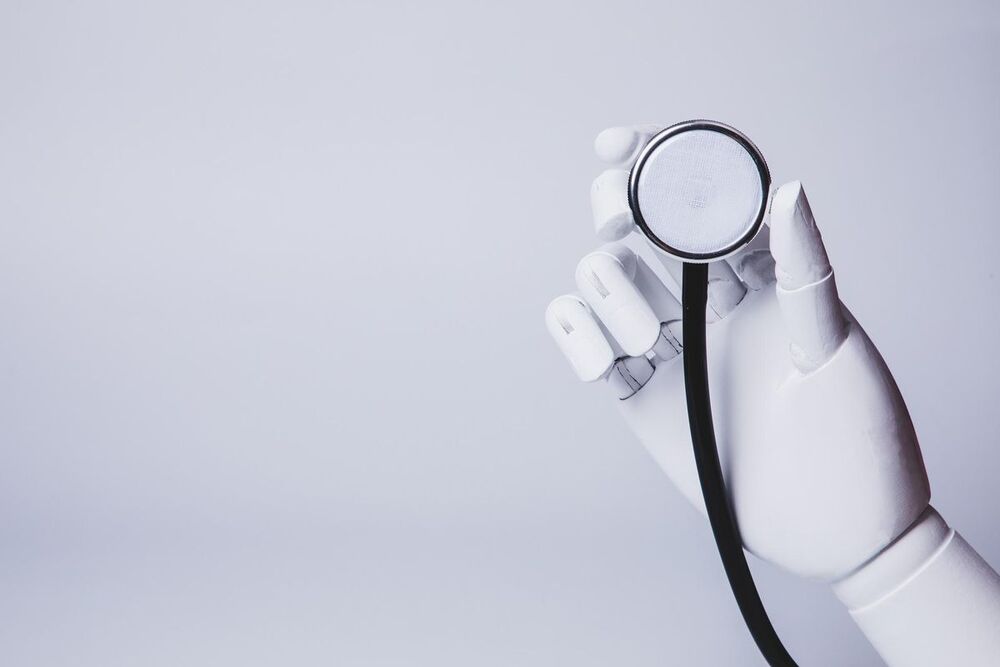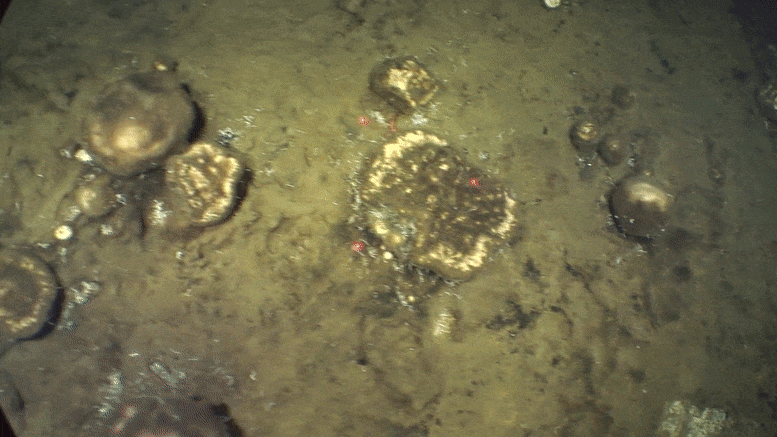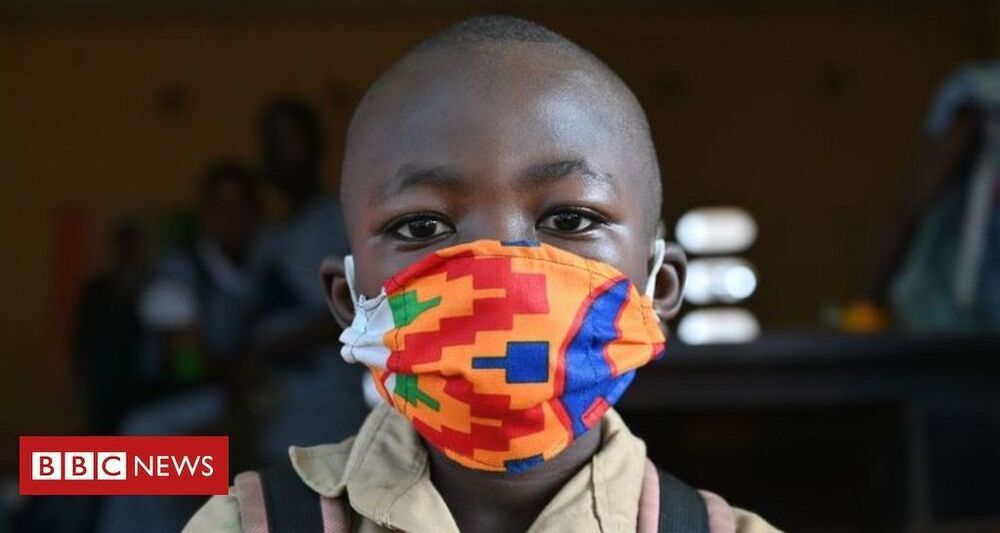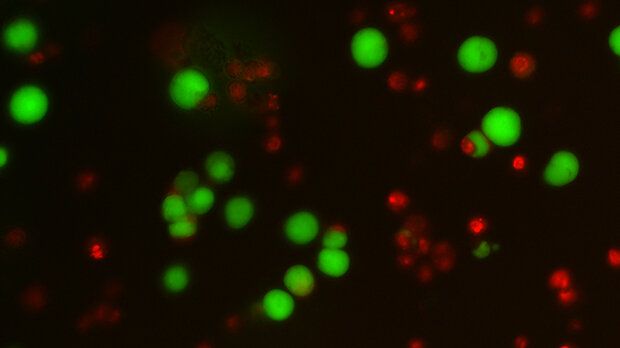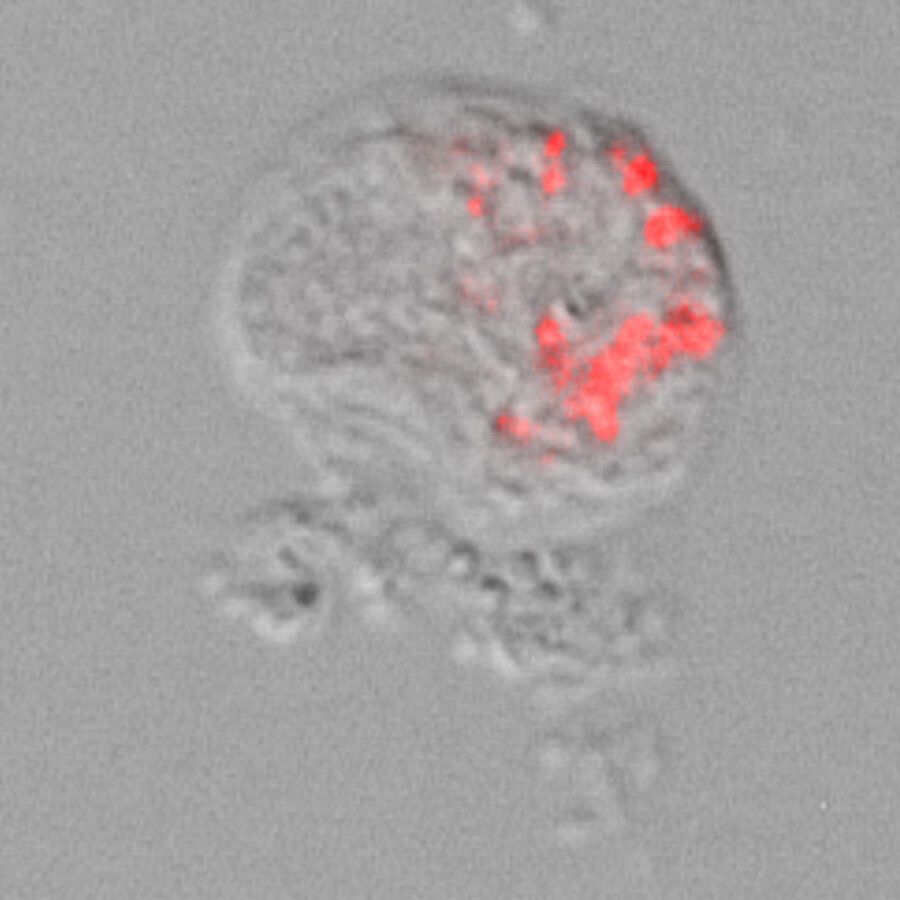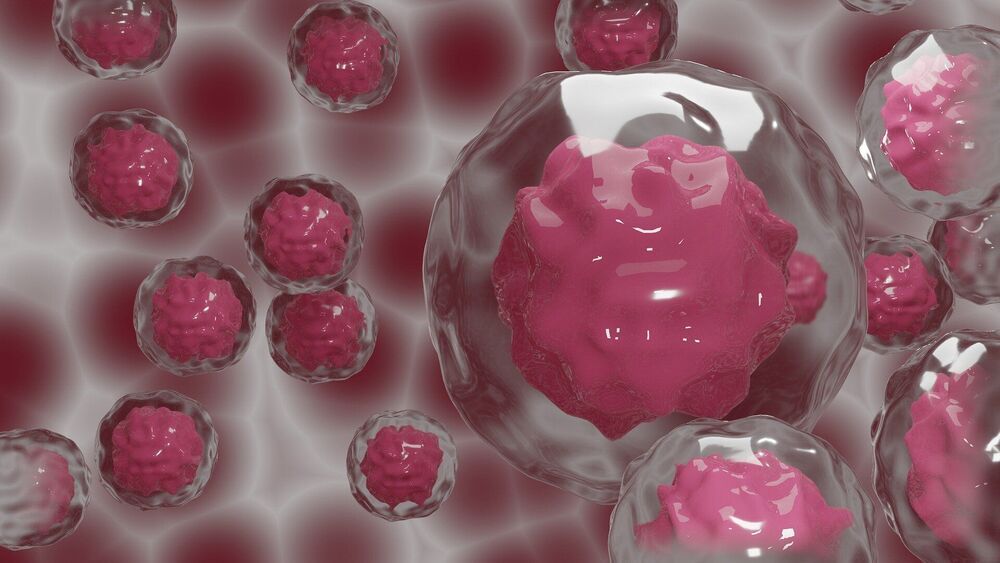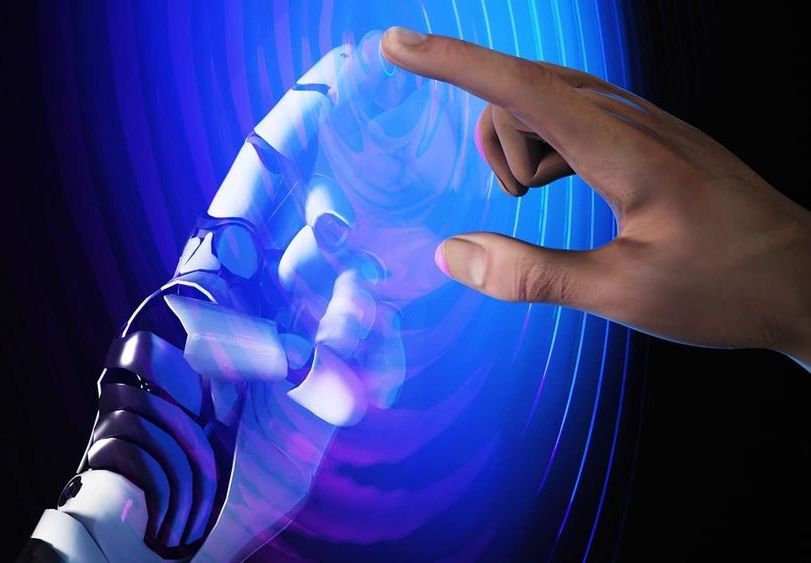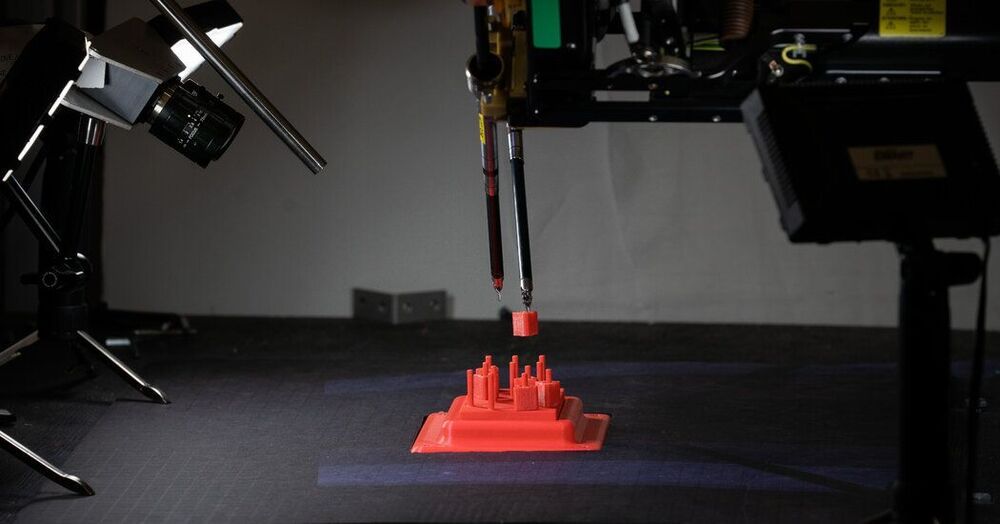
A new study found that perfectionist thinking patterns contributed to posttraumatic stress disorder (PTSD) and generalized anxiety disorder (GAD) symptoms, over and above several known control variables. The findings were published in Cognitive Behaviour Therapy.
Perfectionism involves a desire to perform to the highest standards without allowing room for failure. People with perfectionist beliefs tend to be overly self-critical and put pressure on themselves to perform flawlessly at all times. While perfectionism is often seen as a favorable trait, the attribute has been linked to numerous anxiety disorders such as obsessive compulsive disorder (OCD) and social anxiety disorder (SAD).
Researchers have recently begun exploring the thought patterns that characterize perfectionism — called perfectionist cognitions (PC). As study author Jeremy Tyler and his team say, perfectionist cognitions include expectations about achieving perfection such as, “I can’t stand to make mistakes.” These cognitions have been linked to dysfunctional mental health symptoms like obsessions, distress, and anxiety. However, these associations have yet to be explored among a clinical population.
